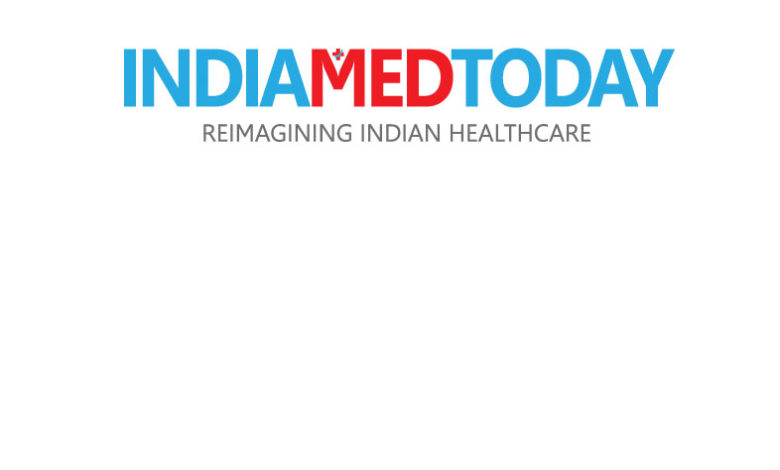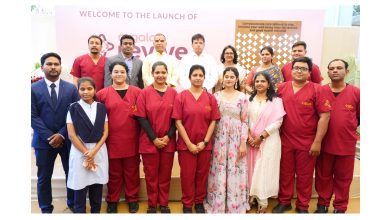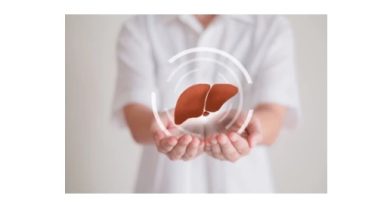A digitally connected ecosystem for the wellbeing of ostomates
Experts opine on how digitalisation can pave the way for ostomates to easily connect with healthcare professionals

Adapting to life after a surgery brings a lot of changes to a patient lifestyle emotionally, physically and mentally. Modifications to the patient’s routine post-surgery are inevitable and require a lot of care especially when the surgery involved is related to cancers like colorectal any other bowel cancer. Surgery for colorectal cancer is very often associated with ostomy surgeries. Colorectal cancer survivors undergo ostomy surgery during their treatment for cancer, where creating an external surgical opening for waste to pass through becomes important.
Post an ostomy procedure, a long-term adjustment becomes a part of their life and survivors need to avail healthcare facilities to cope better. An upheaval in the mental wellbeing in such cases involves the patient trying to overcome the stigma around the use of pouch for their waste, low self-esteem, skin inflammation, the kind of clothes to wear, worry about the odour while emptying the pouch, eating the right kind of food, and the need for social support.
Some of the challenges attached to patients who undergo an ostomy surgery are — lack of awareness about the conditions that require surgery, precautions that have to be taken post-surgery, lack information on various care options, lack of availability of the right ostomy pouching system for their condition that can help ease the pain – physically post-surgery. According to medical professionals, ostomy surgeries are life-saving procedures, and by using the right product for care, recuperating from such kinds of surgeries will be relatively easier for the patient. There has also been a constant innovation in the product technology like the development of moldable wafers where patients do not have to cut and fit the wafer every time. This leads to better patient experience.
Dr Sandeep Nayak, Director- Department of Surgical Oncology and Robotic and Laparoscopic Surgery, Fortis Hospital- Bannerghatta, Bangalore, says, “Often patients find it challenging to access the right form of information on ostomy surgeries and post-surgery care. Additionally, social stigma is an obstacle that an obstacle using a stoma face. To obtain information, and also to create awareness among the general public, a dire need is accessibility to the right platform. In such situations, to meet the requirements, a connected ecosystem that is digitally available to the ostomates to get the right form of information is very crucial.”
Over the years, it has become extremely crucial for healthcare providers to digitalise their services with the help of analytical tools. Developed for better understanding of ostomates and meeting their requirements; web apps, phone apps are paving the way for the creation of a connected ecosystem digitalisation has made it a holistic approach, where a unique platform is created to connect patients with healthcare professionals.
Connecting digitally with patients of an ostomy can help healthcare providers to educate them on their conditions, help manage their routine based on their lifestyle, and build a community for them.
Commenting on the use of digital platforms for ostomy patients in India, Dr Deepak Govil, Senior Consultant and Head of Department of Surgical Gastroenterology and GI Oncology, Indraprastha Apollo Hospitals, New Delhi says, “A digitally connected ecosystem is very important for ostomy patients. Apps can be beneficial in providing accurate information to patients, increasing their awareness regarding ostomy. Data from apps can be used to provide better services to patients by helping them connect with stoma care health persons and doctors without any hassle. With the pandemic on, the patients might try to delay their visit to doctors, hence a digital system can enhance the process of connectivity with healthcare services.”
It is very crucial for making the life of ostomates easier by providing the correct information at the right time. These areas of work are still at infancy in India. Caregivers must raise the standard of care, elevate the patient experience, enhance the clinical experience, create a patient retention program and assist patients on their day to day challenges by assisting.
Calling out to such solutions, Dr Avanish Saklani, Associate Professor, Robotic Colorectal Surgery, TATA Memorial Center, Mumbai, mentions, “Ostomy surgery is a big step in the life of the patient. It is a situation in which the patient has to live the rest of his life. Hence, educating the patient regarding the use of the stoma pouch is crucial. Despite being counselled by the doctors and surgeons, patients would feel comfortable and also be mentally better prepared if they speak to people who are already using the stoma pouch. Along with the patients, the family members or attendants also require such intense counselling and peer talk. Digitisation has by far been an impetus in terms of advancement through a suite of tools to meet requirements of patients-physically, emotionally, mentally.”
Digital tools are easy to understand the process. Apps by medical technology companies can help guide various processes like the surgery process, prerequisites surgeries, and in-depth information on respective surgeries like a colostomy, ileostomy.
Constantly reinventing medical technology tools is the need of the hour. Collecting the patient data and giving constructive responses to their queries can help the patient arrive at a decision for their bodies and life. Digital revolution has changed the way patients look at accessibility to relevant information related to their condition. They must be well informed and aware of their situations and manage their life.




